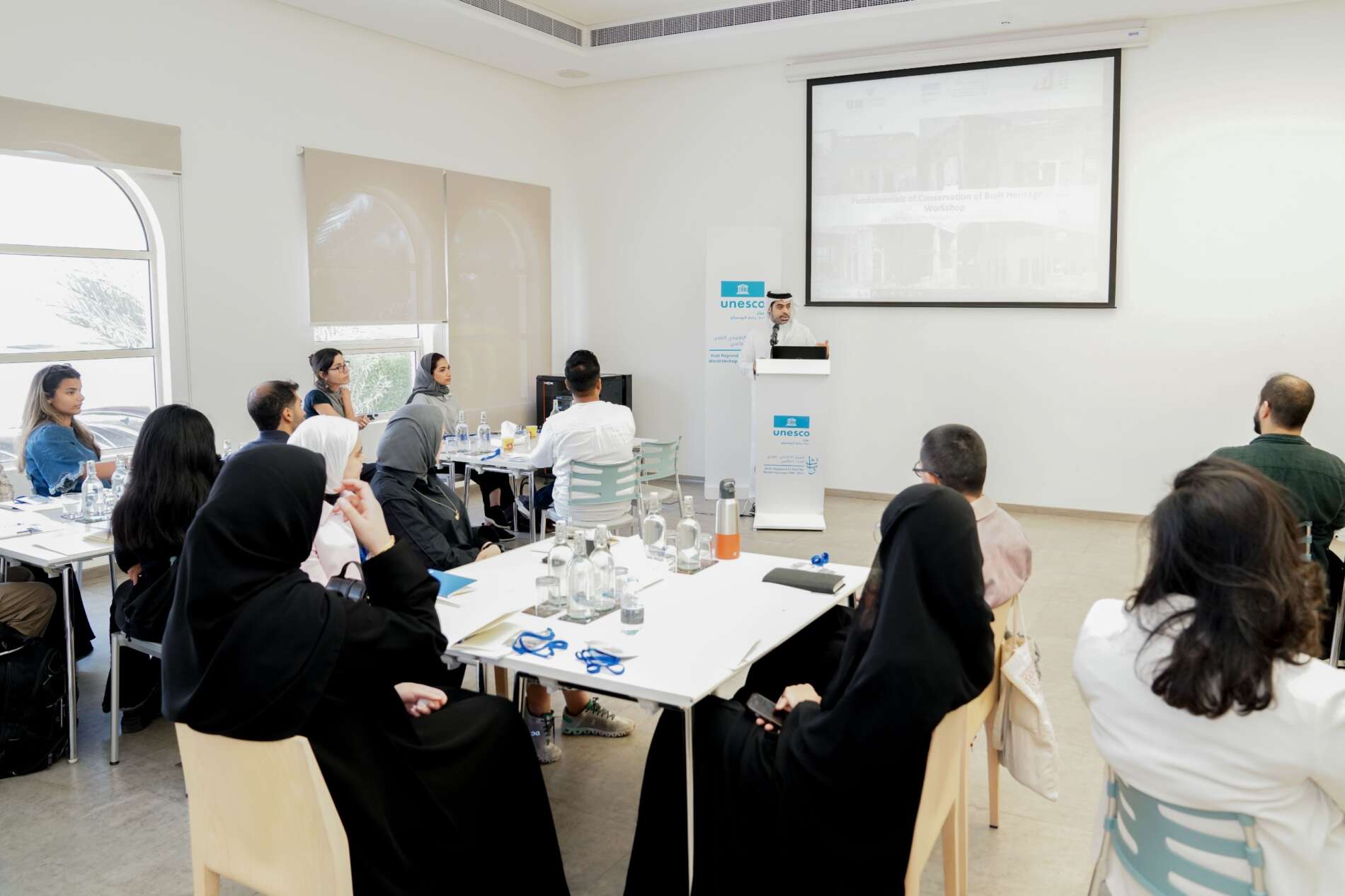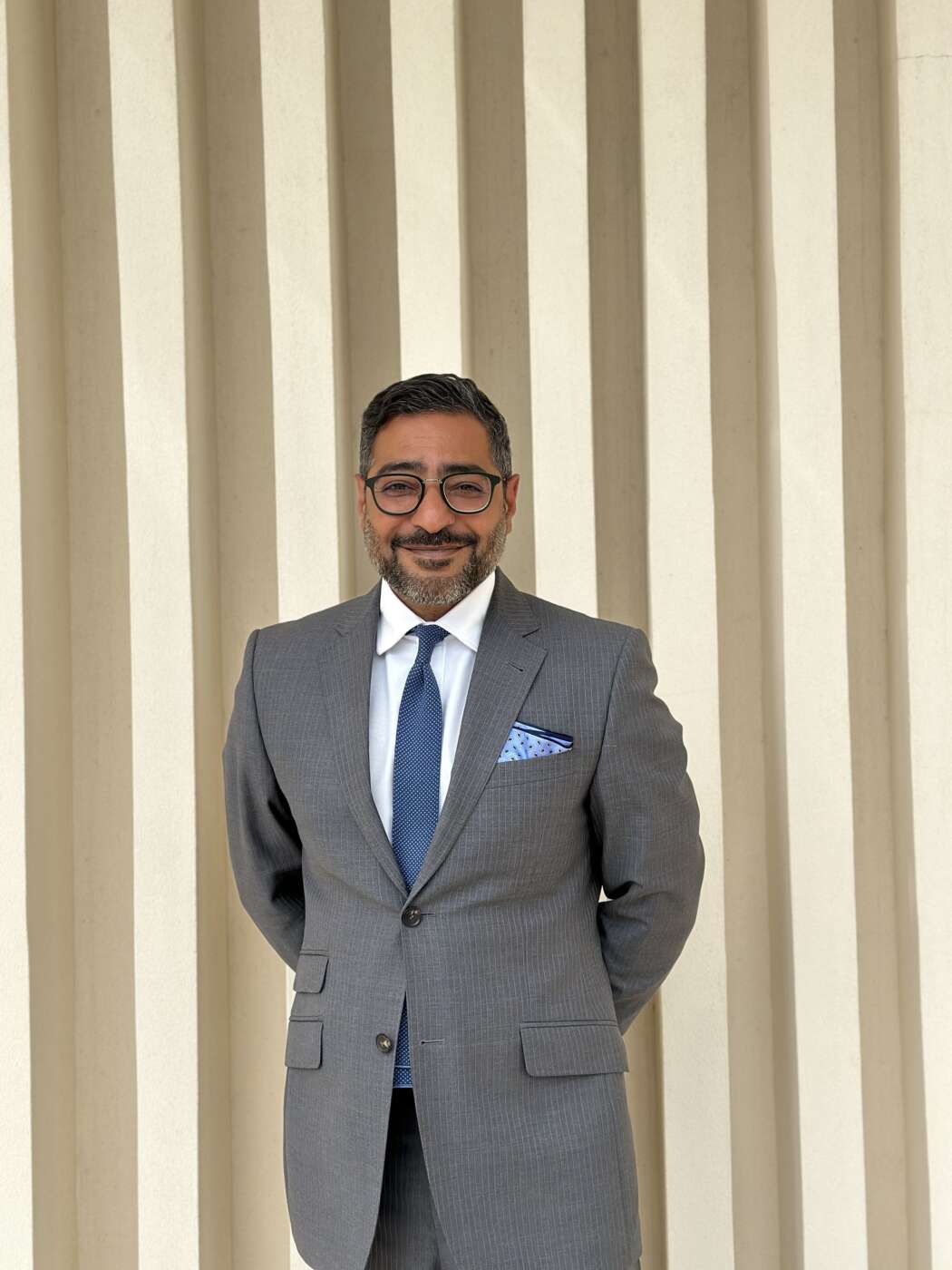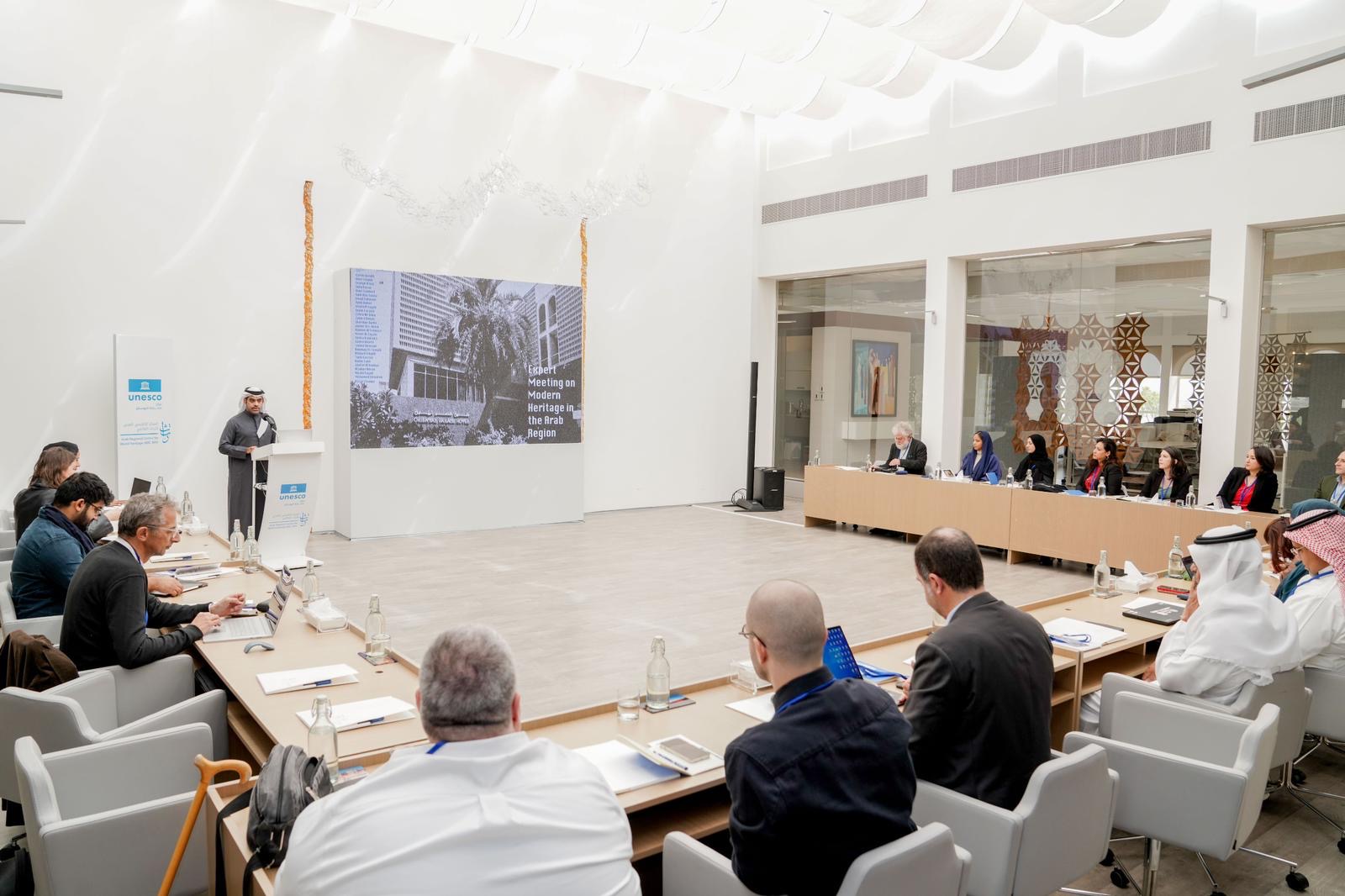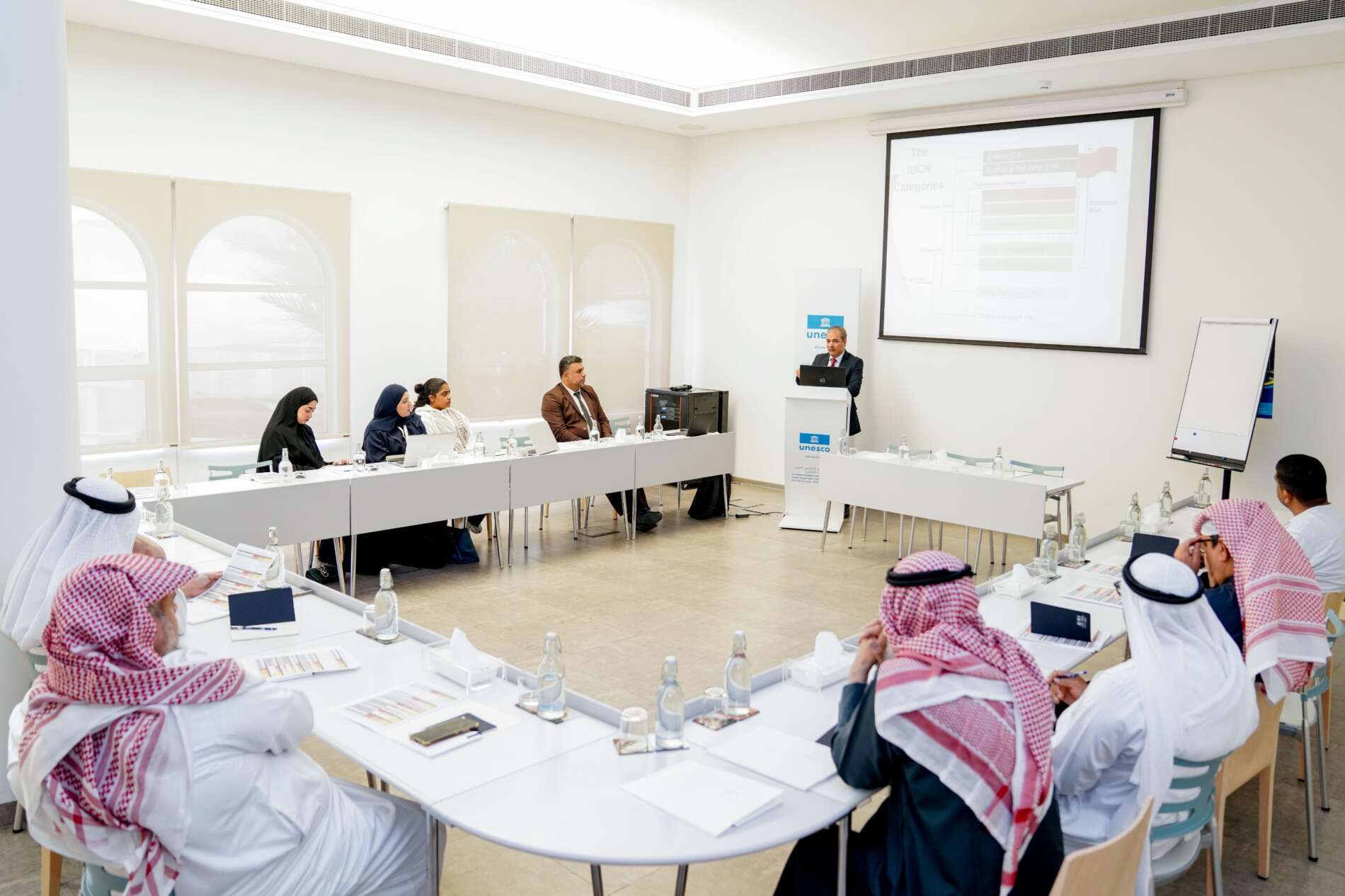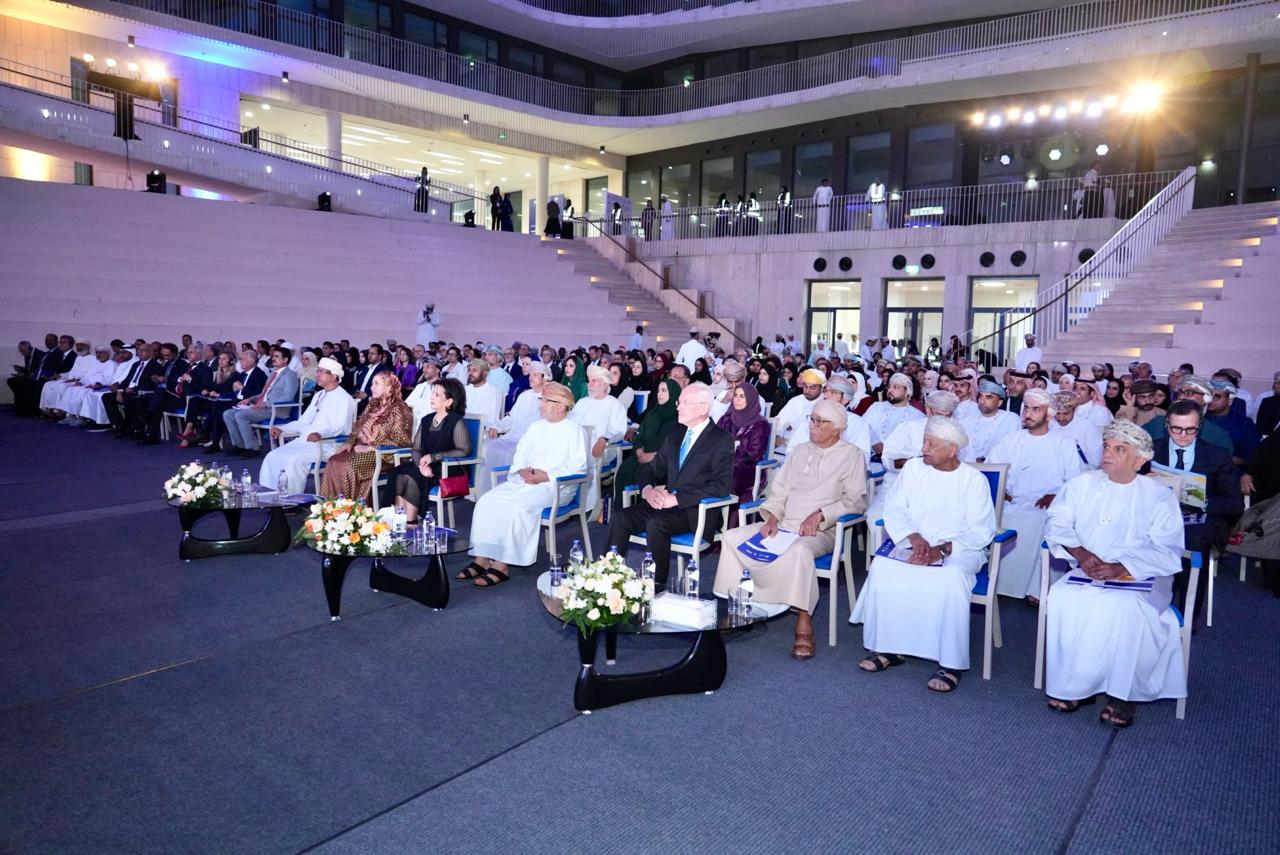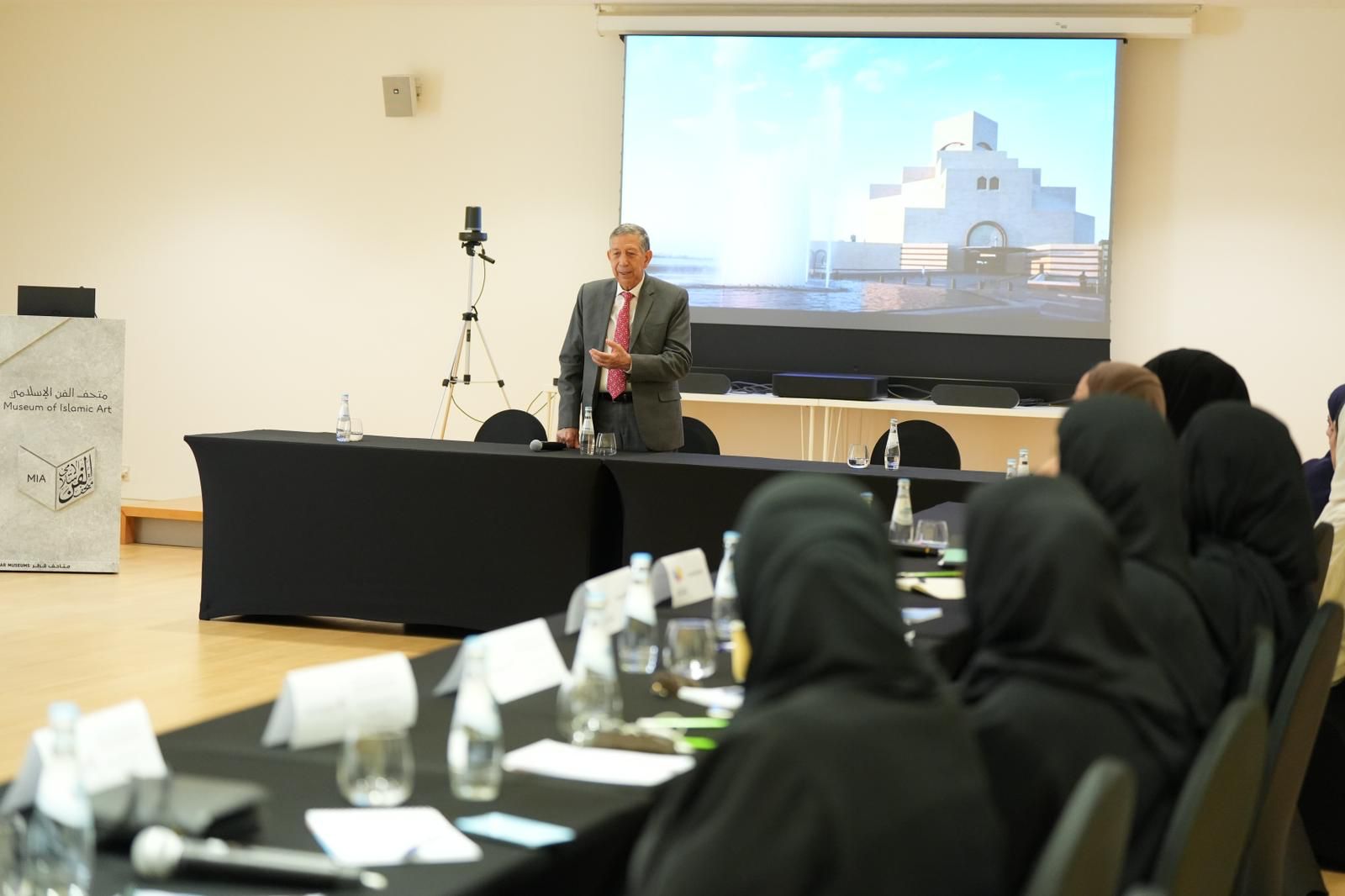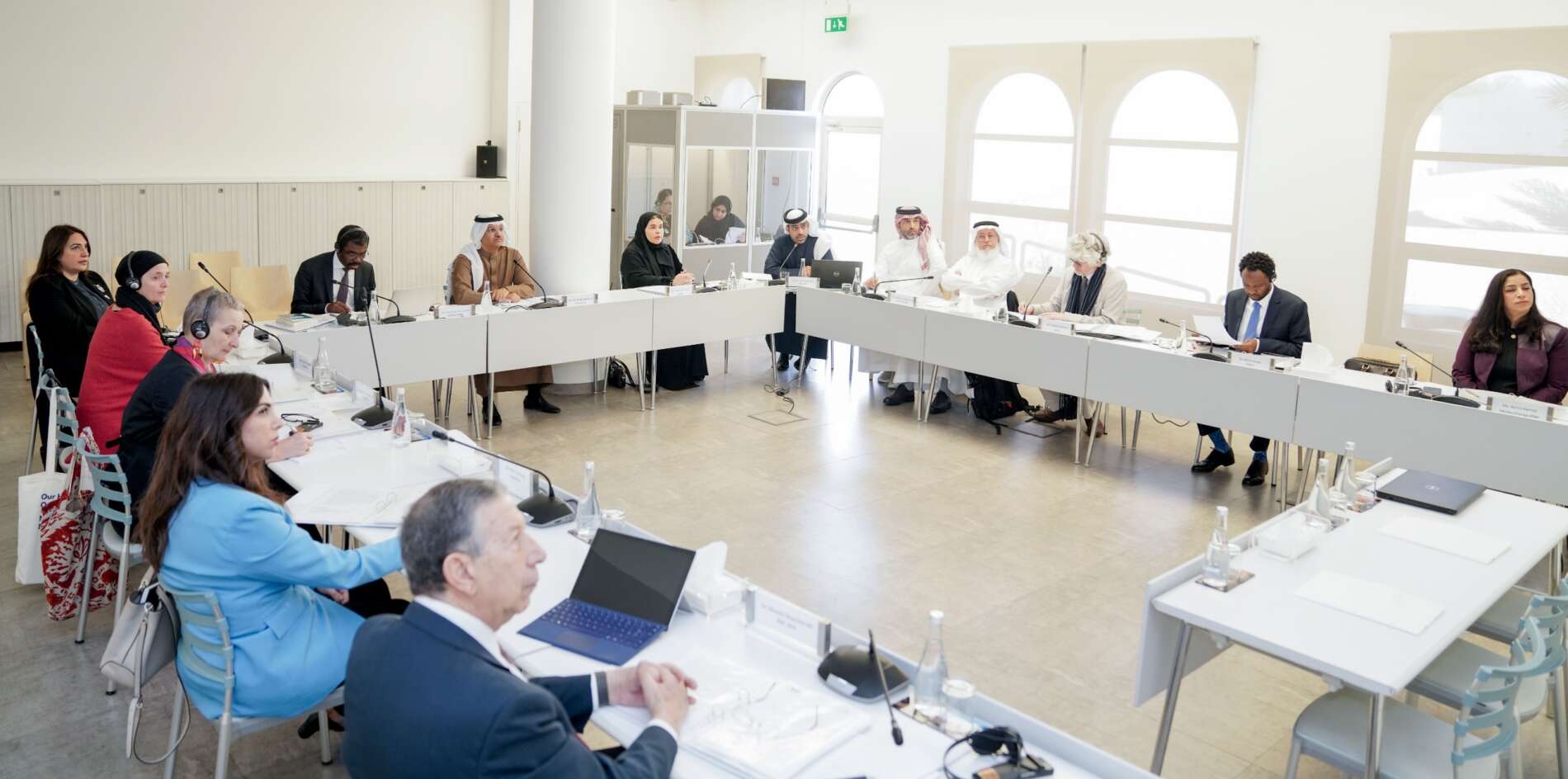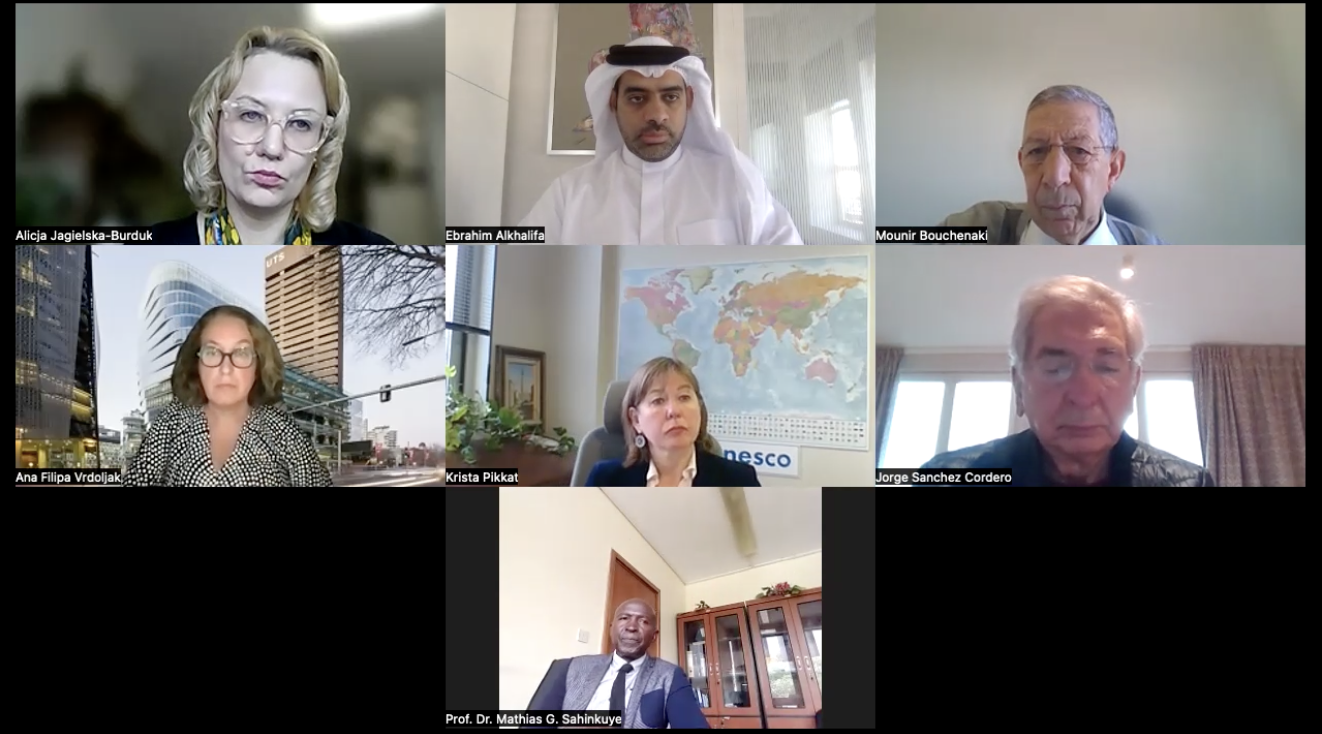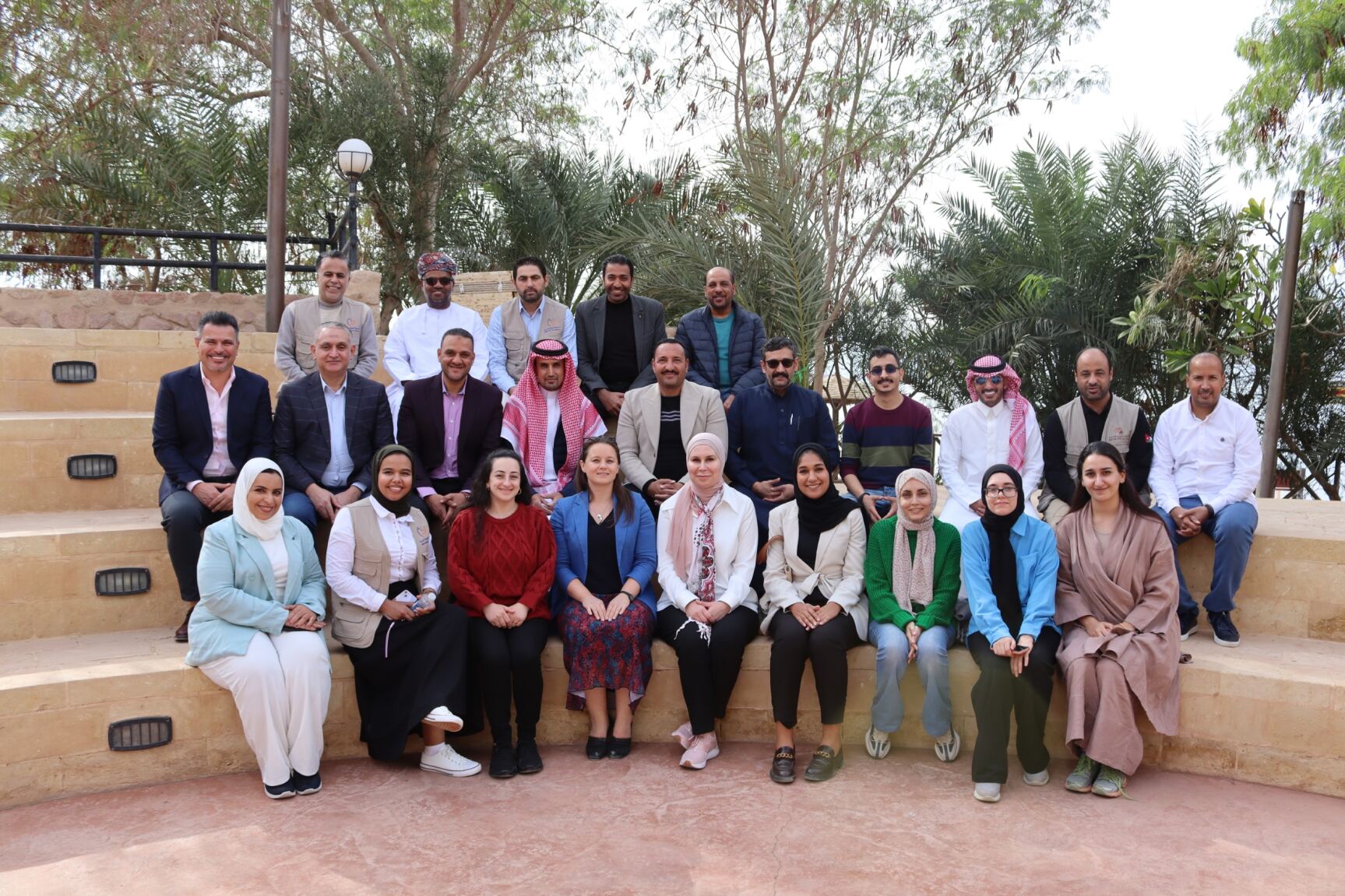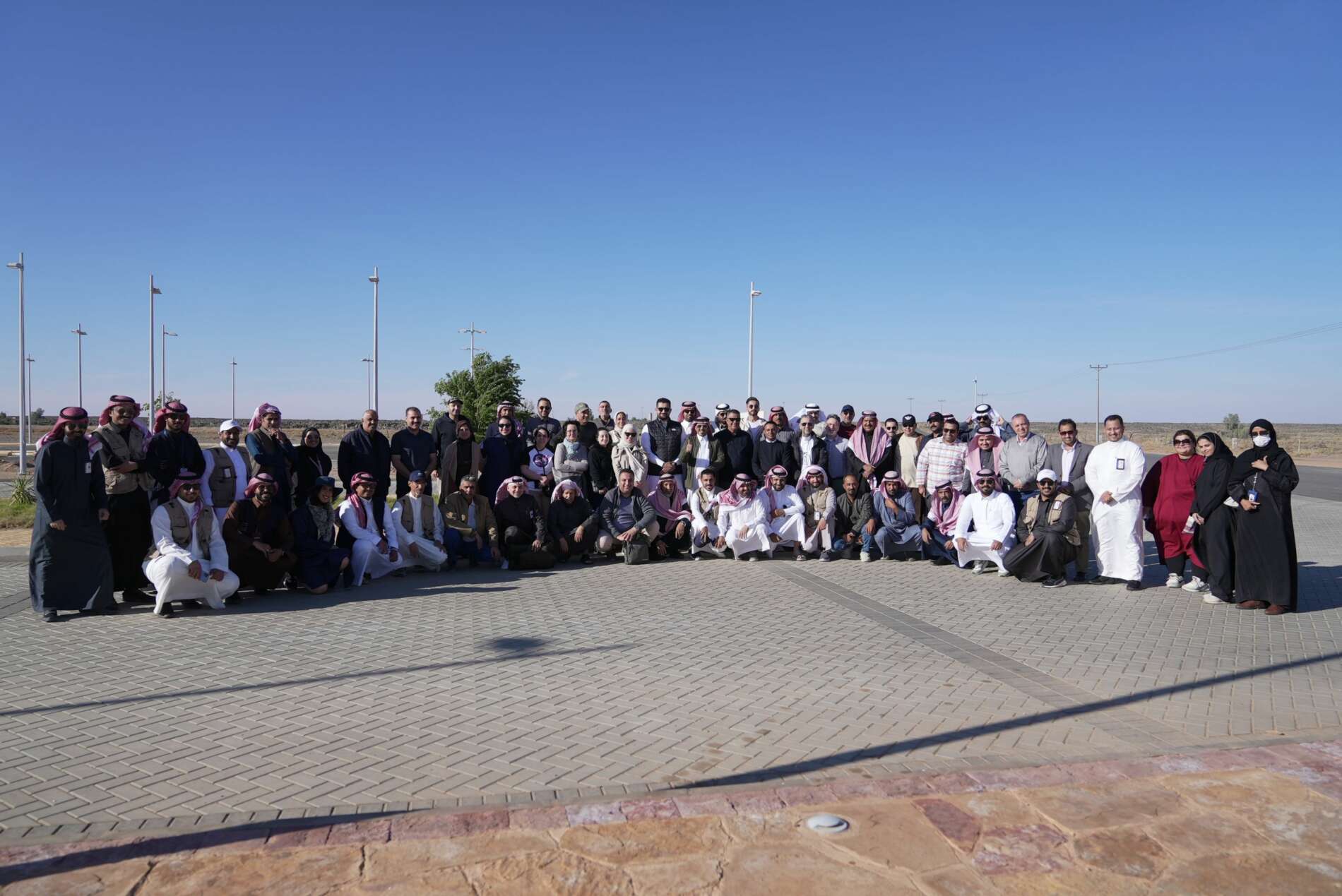
The fourth workshop of the programme ” Preparation of a Site Management Plan for the Transnational Property of Darb Zubaydah” concluded through international collaboration
The fourth workshop marked the conclusion of the programme ” Preparation of a Site Management Plan for the Transnational Property of Darb Zubaydah”. The workshop was held in Hail region in the Kingdom of Saudi Arabia, from 10 to 14 December. It focused on discussing and preparing for the management plan for the heritage sites extending from Al-Najaf Governorate in the Republic of Iraq to the Makkah region in the Kingdom of Saudi Arabia. It was organized by the Heritage Commission in cooperation with the Arab Regional Centre for World Heritage (ARC-WH) and the State Board for Antiquities and Heritage in the Republic of Iraq.
The workshop aimed to enhance capacity-building in heritage site management and protection, facilitate knowledge exchange between the Saudi and Iraqi teams, and draw upon the experiences of ARC-WH in capacity-building and best practices related to transnational sites.
Hail was chosen to host this workshop due to its historical significance as a major station for pilgrims and traders during the early Islamic era. Its archaeological remains continue to exist to this day, representing a valuable historical asset.
This workshop falls within the framework of capacity-building in the management and protection of World Heritage sites, including mechanisms for monitoring, establishing relationships with relevant stakeholders, and engaging various public and private entities at local, regional, and international levels.
The workshop began with a virtual session featuring the CEO of the Heritage Commission, the Director-General of the State Boards for Antiquities and Heritage in Iraq, and the Acting Director of the Arab Regional Centre for World Heritage. It was also attended by the Undersecretary of Hail Region Principality and the CEO of Hail Region Development Authority, along with representatives from government entities in the region who participated in a panel discussion discussing their role in supporting World Heritage sites in the area.
During the workshop, participants visited the historical city of Fayd, which hosts several archaeological sites and heritage discoveries along the ancient Hajj route, Darb Zubaydah. The purpose of the visit was to learn about methods of activating the sites and visitor centres.
The fourth workshop built upon the work of the previous workshops that focused on legal protection mechanisms, delineation of site boundaries, and integrating sustainable development goals into the management and protection of the sites.

